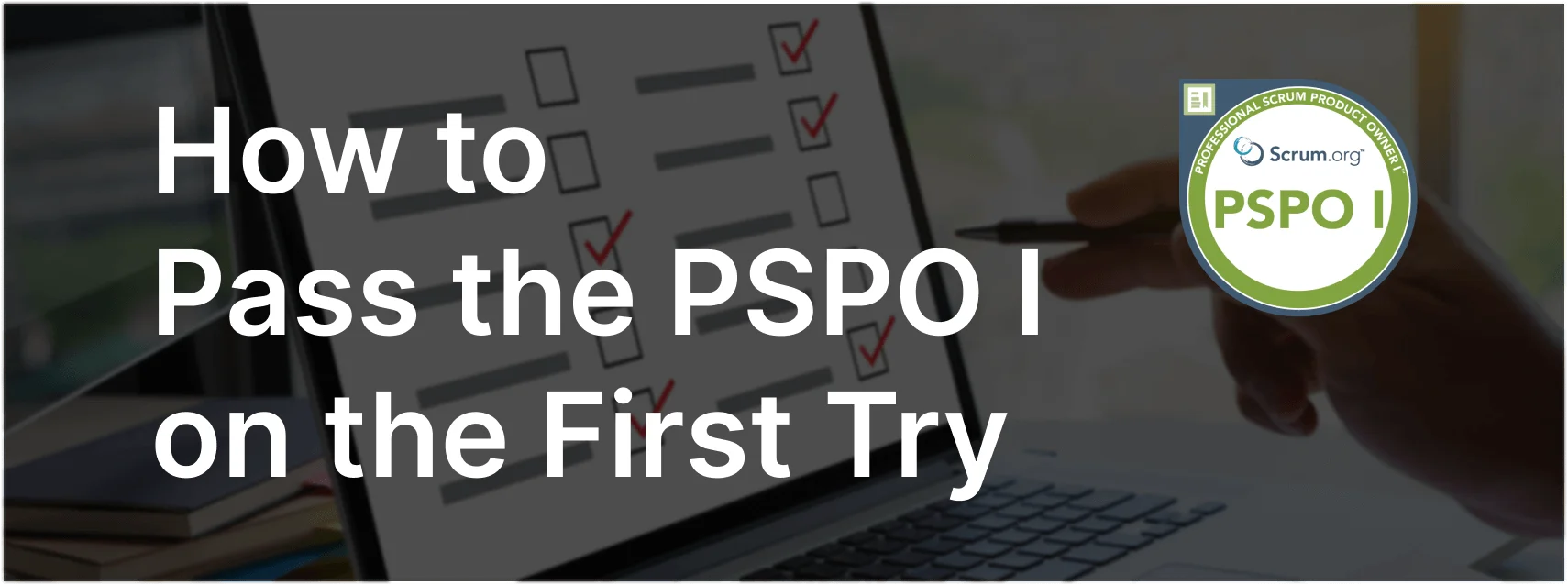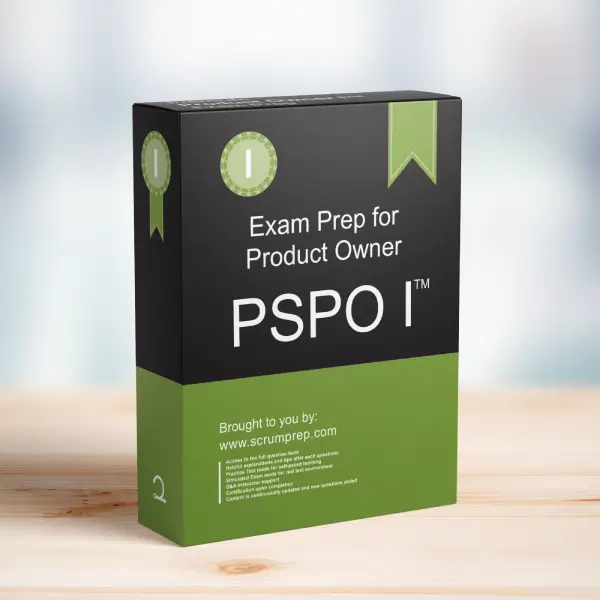Product Owner Accountability in Scrum
The Product Owner plays a crucial role in maximizing the value of the product and ensuring that the needs of stakeholders are represented accurately.
Exam Question
What is the Product Owner accountable for in Scrum?
(choose the best answer)
- A. Describing an Increment at the Sprint Planning and making sure that the Developers deliver it by the end of the Sprint
- B. Creating and sustaining a Product Backlog that maximizes value and represents the needs of the stakeholders
- C. Writing the User Stories so they are understandable to stakeholders
- D. Refining the top-level Product Backlog items until they are ready to be handed over to the Developers
Correct Answer
B. Creating and sustaining a Product Backlog that maximizes value and represents the needs of the stakeholders
Explanation
Why B is Correct
- Maximizing Value: The Product Owner is responsible for ensuring that the Product Backlog reflects the highest value work first, thus maximizing the value of the product.
- Stakeholder Needs: The Product Owner must continuously engage with stakeholders to understand their needs and ensure these are reflected in the Product Backlog.
- Maintaining the Backlog: The Product Owner must keep the Product Backlog well-organized, ordered, and up-to-date so that it is always a clear and transparent source of work for the Scrum Team.
Why A, C, and D are Incorrect
- A. Describing an Increment at the Sprint Planning and making sure that the Developers deliver it by the end of the Sprint:
- This is not the Product Owner’s role. The Developers are responsible for deciding how much work they believe they can accomplish during the Sprint Planning and for delivering the Increment. This is a forecast, not a commitment. The commitment is to the Sprint Goal, and the Sprint Backlog can evolve to meet this goal.
- C. Writing the User Stories so they are understandable to stakeholders:
- While the Product Owner may help create User Stories, the primary accountability is broader, focusing on the overall value and ordering of the Product Backlog.
- D. Refining the top-level Product Backlog items until they are ready to be handed over to the Developers:
- Refinement is a collaborative effort involving both the Product Owner and the Developers. The Product Owner’s accountability is to ensure that the Product Backlog is refined to a sufficient level, but not necessarily to do all the refinement alone.
Responsibilities in Scrum
- Product Owner: Responsible for maximizing the value of the product by managing the Product Backlog. This involves engaging with stakeholders, ordering work, and ensuring that the Backlog is transparent and clear.
- Scrum Master: Facilitates Scrum processes and ensures that the Scrum Team adheres to Scrum principles. Supports the Product Owner in maintaining the Product Backlog.
- Developers: Collaborate with the Product Owner to refine the Product Backlog and select the work they will undertake in each Sprint. They create the Sprint Backlog as a forecast of what they believe they can achieve to realize the Sprint Goal.
Relevance to the PSPO I Exam
Understanding the Product Owner’s responsibilities is crucial for the PSPO I exam. This knowledge emphasizes the importance of value maximization, stakeholder engagement, and effective backlog management.
Key Takeaways
- Maximizing Value: The Product Owner ensures that the highest value work is ordered.
- Stakeholder Engagement: Continuous interaction with stakeholders to understand and represent their needs.
- Backlog Maintenance: Keeping the Product Backlog clear, ordered, and up-to-date.
Conclusion
The Product Owner’s accountability in Scrum is centered around creating and sustaining a Product Backlog that maximizes value and accurately represents stakeholder needs. For comprehensive preparation and practice exams, check out PSPO I Exam Prep to enhance your understanding and application of Scrum principles.



